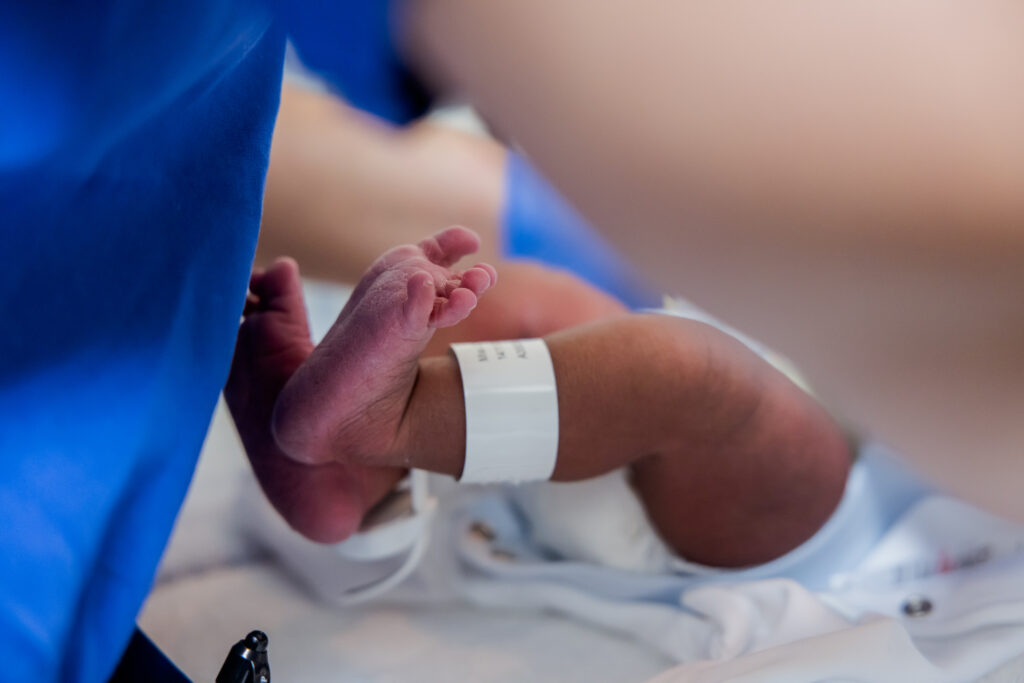Research from Oxford Brookes University shows water births provide ‘clear benefits’ to both mother and baby, with less interventions and fewer complications compared to births out of water.
The research also reported mothers having higher levels of satisfaction with their birth experience.
The aim of the study was to compare healthcare interventions during labour and birth between water birth, labouring in water, and maternity care without water immersion.
Researchers systematically reviewed 157,546 sets of mothers and babies as part of the study. It was found that water births significantly reduced the use of epidural, injected opioids, episiotomy and maternal pain.
Senior Midwifery Lecturer at Oxford Brookes University, Dr Ethel Burns, who let the team of researchers, said: “This research show that it is just as safe for healthy mothers to give birth in water as on land and that there are considerable benefits for mothers who choose to labour in a birthing pool. Water immersion is an effective method to reduce pain in making it a low-tech way to improve care quality and mothers’ satisfaction with care.”
The researchers’ recommendations stated that future research should consider factors that are known to influence interventions and outcomes during and after labour or birth such as how many a woman has already had, where she’s given birth, who looks after her and the care she receives.
Commenting on the research, Professional Policy Advisor at the Royal College of Midwives (RCM) Clare Livingstone said: “This is really good news for women choosing to have a water birth or thinking of having one. There has been previous research outlining the benefits for women and this significant study adds weight to those. It is also positive because it is more information for women when deciding how they want to give birth.
“Water births are becoming more widely available for women across the UK, but this isn’t the case everywhere. The challenge now is to ensure this choice is open to all women wherever they live.”
The study ‘Systematic review and meta-analysis to examine intrapartum interventions, and maternal and neonatal outcomes following immersion in water during labour and waterbirth” can be found here.
Want more research like this? The Maternity and Infant Care (MIC) database contains over 300,000 research abstracts on a wide range of midwifery topics. Access the database by subscribing here.


